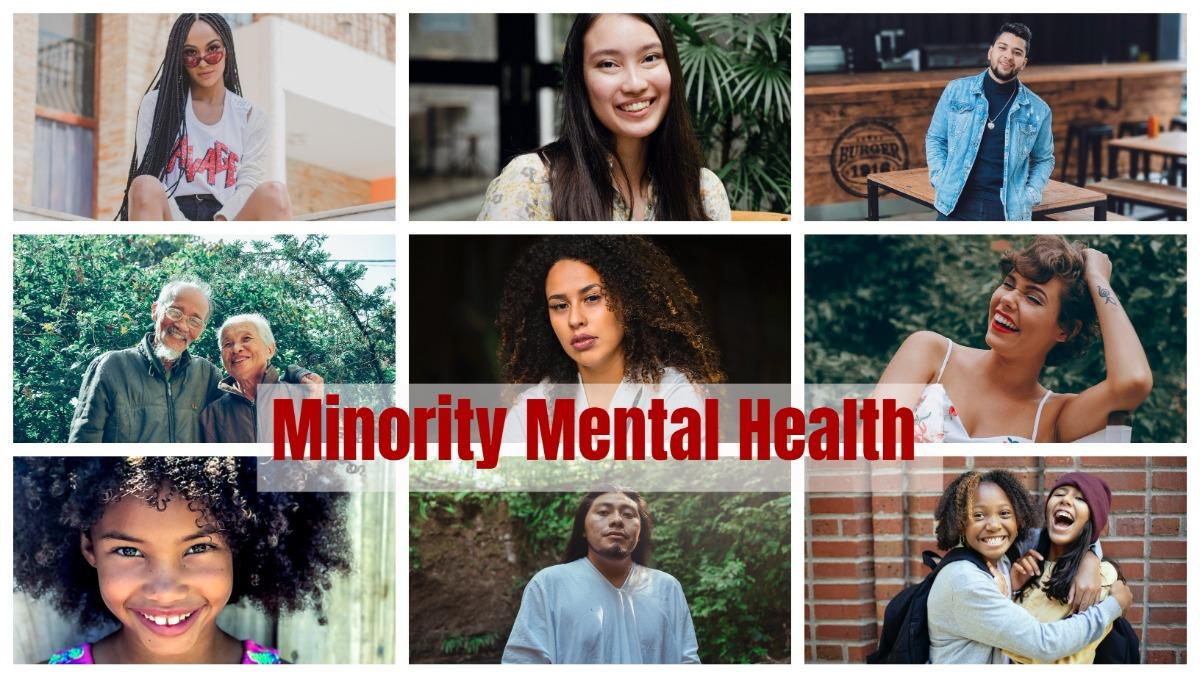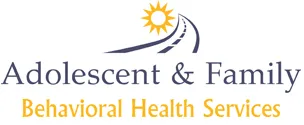
The Power of Diverse Perspectives in Mental Health
July is Minority Mental Health Awareness month. In February we discussed the difficulties the Black community faces regarding racial trauma, stigma, and representation. This month we talked with our therapist Iris Torres, MS, LLPC about the specific struggles in the Hispanic and Latinx community when it comes to receiving services and the power of decreasing stigma and misinformation.
Adolescent & Family is proud to offer bilingual services through Iris Torres at our Grand Rapids location and Rosemary Cruz, MA, LLPC at our Holland location.
Q: What are some barriers to the Hispanic/Latinx community getting treatment?
A: I believe one of the biggest is the language barrier. Language barriers can make communicating with mental health providers difficult, or even impossible, especially when a person is seeking counseling for sensitive or personal issues. These topics can be difficult for anyone to put into words, but it is especially difficult for those who may not speak the same language. Poverty and lack of health insurance is another barrier. Lastly, legal status can be another reason why someone may not seek services. Specifically, the fear of being deported. Also, if their children are born here and are eligible for health insurance, many parents are not aware of their children being eligible for services.
Q: What role does cultural competency play in finding adequate services?
A: Cultural differences may lead mental health providers to misunderstand and misdiagnose members of the Hispanic/Latinx community. This can be very scary to a client because it can really make or break the experience. That is why it is especially important for clinicians to explore cultural humility and learn more about the clients they are working with to best serve their needs. I believe it is important for clients to feel comfortable asking if the clinician has experience treating Hispanic or Latinx clients, and if they have received training in cultural competence.
Q: What are the stigmas in the community around therapy and how can we combat them?
A: Stigma is very present in the culture. We are often raised to not let anyone know we are struggling, unless it is family. It is not common to seek help because we are taught that only people who are crazy seek counseling and that it can bring shame or unwanted attention to our family. Mental health is not something that is openly talked about and therefore, there is not a lot of education on where or how to seek help. I believe the best way to combat stigma is to educate. Education is important because there is a lot of misinformation about what mental health is. Often, I encounter clients who tell me they had no idea that there were mental health professionals in the area that spoke Spanish. It is important that the community knows that it is okay to seek help. Educating the community on where the resources are is important.

